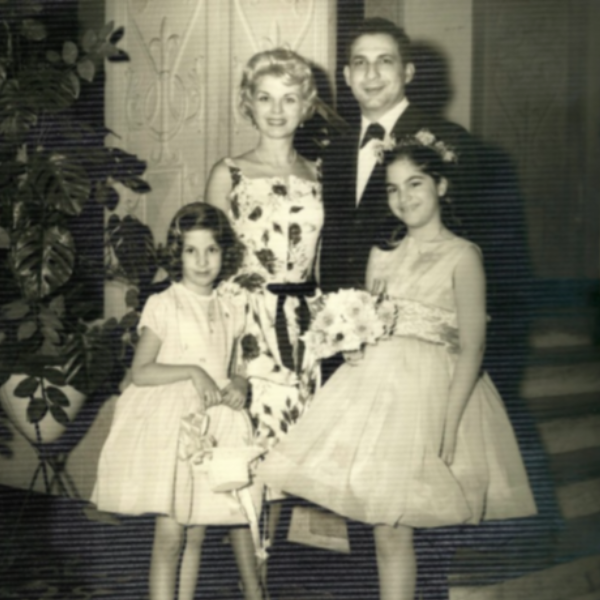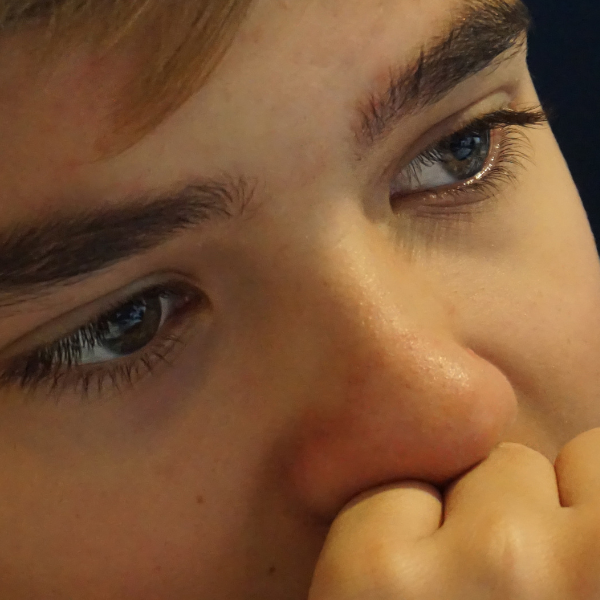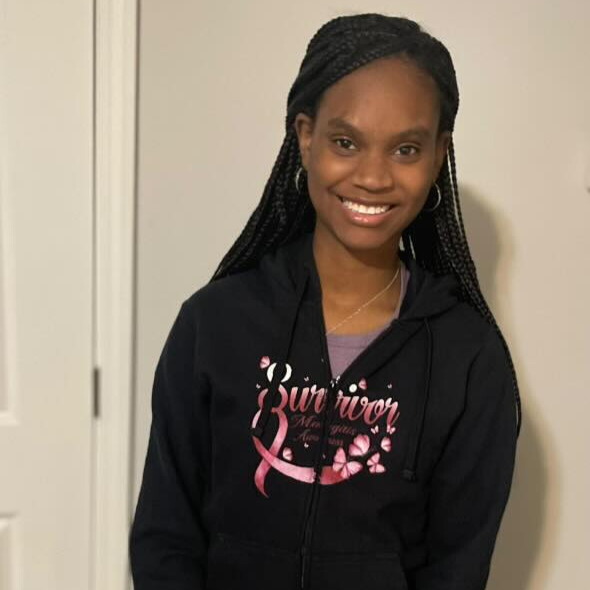by Jess Hull
Nobody wants their kids to be sick. It’s hard watching the tiny human you’re raising in pain and being unable to do much about it. To have a child almost die from a virus, though? That’s a whole different level of powerlessness.
RSV Can Hit Fast
My third child was born during the summer months. The older two were home on break for almost the first two months of his life. We were able to limit contact and keep within our bubble to protect him from COVID, colds, and whatever else was circulating. Until the older kids went back to school.
Our luck ran out at the beginning of November 2022. My baby got sick – terribly sick. We went to the walk-in clinic to have him seen as soon as possible. He was coughing, had a runny nose, eyes red, and had trouble nursing because he was so congested. Lethargic and fussy. Most concerning was the retracted breathing, his chest wall pulling in with each breath. My baby, who slept on his own wonderfully, would not and could not sleep without lying on my chest or in my arms. He was struggling to get enough oxygen into his lungs.
At the clinic, his oxygen level was a low 88%. His heart rate was 200+ BPM. He was running a fever. They swabbed his nose and confirmed my fears. My four-month-old baby had RSV. They did an albuterol treatment and gave him some acetaminophen, assuring me that the meds would help his breathing and reduce his heart rate as his temperature came down. They sent us home with a nebulizer and some albuterol.

He was so lethargic that he didn’t fight the mask or the inhaled medication. He perked up for a day, then declined again. My dad helped me find an infant pulse oximeter and rushed to deliver it. His pulse ox read an O2 of 77%. The acetaminophen, the albuterol every two hours, nursing as much as I could, and it wasn’t enough.

RSV from the PICU
We rushed to the ER. The respiratory therapist was shocked the clinic sent us home. We were sent to another city to the pediatric unit. We arrived at midnight. We were in isolation due to his RSV diagnosis. An x-ray revealed he had also contracted pneumonia.
On day two in the hospital, I woke up to the medical team discussing possibly intubating my baby. Seeing my child lying propped up in a hospital bed wearing only a diaper with an IV and high-flow oxygen cannula broke me. He wasn’t allowed to eat due to the risk of asphyxiation. He started to lose weight. He didn’t move. I’m holding back tears as I write this. I still cannot think about or discuss the hospital stay almost nine months later without being brought to tears.
The thing about RSV is that it’s essentially a waiting game. Babies exhaust themselves trying to breathe until they tire themselves out and stop breathing. It’s terrifying. All we can do is try to make them comfortable and provide medications and monitoring, hoping that it’s enough to help them get the oxygen they desperately need and recover.
We spent about a week in the hospital. Most of that time was in the PICU. I saw my baby panic and struggle to breathe when they switched him from wall oxygen to a canister to transfer him from the peds ward to PICU. I ran down the halls, through all the twists and turns in the hospital, with the nurses that were transferring him. We got the last available room. The other hospital in town was no longer able to accept pediatric cases due to volume. I felt a weird sense of relief that we could get care and that it wasn’t all on me, and terror that beds were in such short supply.

Respiratory therapists were in every 2 hours, then every 3, and finally every 4 as he began to recover. He got an NG tube on day three and was given my breastmilk at a constant, slow flow. He finally started to move again. He had to wear no-nos on both arms to prevent him from pulling out his IV or his NG tube.
RSV’s Long-Term Effects
When we finally got sent home, we had to do albuterol treatments and an antibiotic and steroid. I had hoped this was the end of it, but I was wrong.
We spent the rest of the school year dealing with illness after illness. A simple cold required albuterol and two weeks to recover. He saw the doctor more times in those months than his sisters ever had to see the doctor in their entire lives.

We dealt with another round of pneumonia. Bronchiolitis right after that. Eventually, our family doctor referred us to pediatric pulmonology for help.
It was then he was diagnosed with RAD – reactive airway disease. Essentially, baby asthma. RSV babies can often develop RAD. Then their lungs overreact and they are extra sick and more sensitive. My son’s prognosis was good since he could breathe fine if he wasn’t ill. The environment didn’t seem to aggravate his symptoms.
He is still receiving daily inhaled steroid treatment at 13 months old and will continue to receive it until he can switch to an inhaler at 15 months. Trying to give a baby a nebulizing treatment every single day is horrible. He screams and cries. He bucks, turns his head, claws at the mask. Some days, he holds his mask himself and is content, but those days are decidedly in the minority.

Waiting for an RSV Vaccine
I knew COVID was a big deal and would have lasting implications. I did not realize just how awful RSV can be. I never imagined after his hospital stay that we would still be dealing with the repercussions more than half a year later. This doesn’t even begin to cover the lasting emotional damage it caused myself and my baby.
I would have given anything to have had a vaccine available during my pregnancy or for him as a newborn. When I saw the news that the vaccine is getting closer to being available, I almost cried. If it can help prevent even one family from experiencing what we did and still do, it will be invaluable. I would never ever ever wish this on anybody. I will be the first in line when it’s available to protect my children and every other vulnerable group from RSV.
Jess Hull is mom to three children and two felines. She spends her time trying to keep up with the kids, supporting her husband’s business, running her own business, and knitting. Her story, like all others on this blog, was a voluntary submission. If you want to help make a difference, submit your own post by emailing us through our contact form. We depend on real people like you sharing experience to protect others from misinformation.



